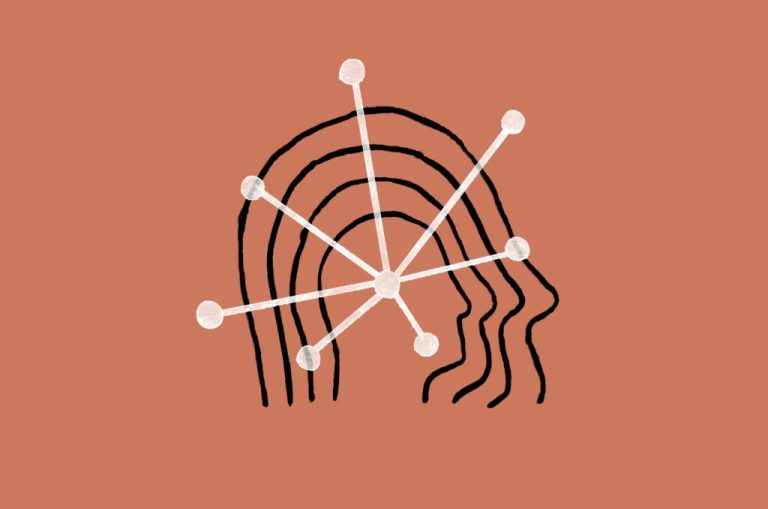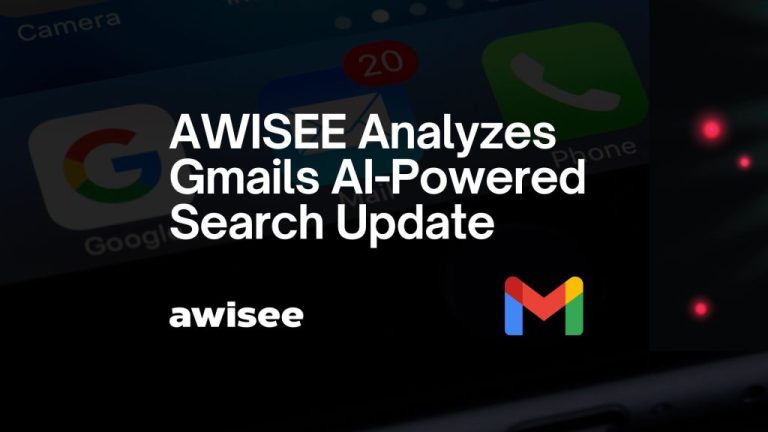Unlocking the Future: How IBM’s Project CodeNet Aims to Train AI in Coding Mastery
IBM’s Project CodeNet: Teaching AI to Code
IBM has introduced Project CodeNet, a comprehensive dataset designed to educate AI on understanding and generating code. Launched during IBM’s Think conference, this initiative claims to be the largest open-source dataset focused on coding, boasting approximately ten times the content of its nearest competitor.
Project CodeNet includes an impressive 500 million lines of code, featuring 14 million distinct examples across 55 programming languages such as Python, C++, Java, Go, COBOL, and Pascal. While projects like OpenAI’s GPT-3 demonstrate that AI can proficiently compose human-readable code, the aim of CodeNet is to enable AI to write its own code.
For the foreseeable future, tools like GPT-3 will enhance human productivity but will still necessitate human oversight to rectify errors and address areas where humans excel, such as creativity and emotional understanding. Initially, CodeNet will serve to augment tools that help humans write and verify code more efficiently by enhancing AI’s comprehension of coding tasks.
“Given its extensive array of programs in various languages, we believe Project CodeNet can act as a benchmark dataset for source-to-source translation, similar to how the ImageNet dataset revolutionized computer vision years ago,” states IBM. With the digital landscape expanding, the reality of software permeating everyday life is more evident than ever. For example, modern vehicles now incorporate over 100 million lines of code, a figure that continues to grow with advancements in autonomous technology.
IBM shared a noteworthy instance with a major automotive client, who sought assistance in modernizing a $200 million digital asset consisting of 3,500 Java files across multiple generations. Through the application of its AI for Code technology, IBM successfully shortened the client’s lengthy code migration process from a year to just four weeks. This case exemplifies the transformative potential that Project CodeNet holds for increasing efficiency in coding tasks.
For those interested, the complete Project CodeNet dataset is accessible on GitHub.
NVIDIA Elevates Germany’s AI Manufacturing Leadership
In a significant move for the technology sector, NVIDIA is playing a pivotal role in helping Germany establish itself as the leader in AI manufacturing within Europe. This initiative not only boosts the nation’s economy but also enhances its technological capabilities.
Exploring MedTech’s Integration with AI
The intersection of medical technology and artificial intelligence is flourishing. Recent advancements in AI hardware and clinical applications are transforming how healthcare providers deliver services, promising greater efficiency and enhanced patient care.
Addressing the AI Execution Gap
A staggering 80% of AI projects fail to transition from concept to production. This “execution gap” prompts industry leaders to examine the challenges that hinder the successful implementation of AI technologies in various sectors.
Teachers in England Embrace AI Tools
In an exciting development, educators in England have received approval to leverage artificial intelligence in their teaching methodologies. This move aims to enhance learning experiences and improve educational outcomes.
Explore innovative applications of machine learning that are revolutionizing business processes. Discover how these advanced technologies are enhancing security in cloud-native environments.
Read about recent instances where AI has been involved in manipulating music streaming figures, raising ethical concerns.
Learn about the strategic advantages of collaborating with outsourced developers to maximize your project’s potential.
The era of superintelligence has officially commenced, as noted by Sam Altman from OpenAI. This marks a significant milestone in the journey of artificial intelligence development, opening up discussions about its implications and potential applications.
In this new age, AI technology is rapidly advancing, impacting various sectors such as healthcare, finance, and education. As we embrace these advancements, it is crucial to consider the ethical and societal implications that accompany such powerful tools. The use of superintelligent systems carries both opportunities and challenges, prompting a widespread dialogue among professionals, policymakers, and the public to ensure responsible integration into our daily lives.







